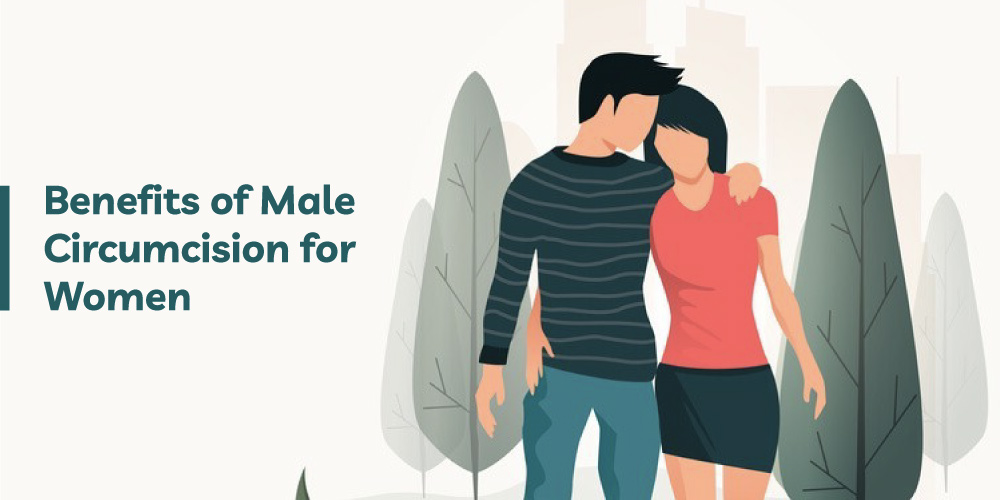Male circumcision, the surgical removal of the foreskin covering the head (glans) of the penis, has been practiced for centuries and is associated with several potential health benefits. These benefits can vary depending on individual health circumstances, cultural practices, and personal beliefs.
Here are some of the potential health benefits of male circumcision:
1. Reduced Risk of Urinary Tract Infections (UTIs):
- Studies have shown that uncircumcised infants have a higher risk of urinary tract infections compared to circumcised infants. The removal of the foreskin reduces the likelihood of bacteria accumulating under the foreskin, which can cause UTIs.
2. Lower Risk of Sexually Transmitted Infections (STIs):
- Circumcision has been associated with a reduced risk of acquiring certain STIs, including HIV, herpes simplex virus type 2 (HSV-2), and human papillomavirus (HPV). The removal of the foreskin may decrease the risk of STIs by reducing the surface area where pathogens can enter and by eliminating cells that are more susceptible to viral infections.
3. Easier Hygiene:
- Circumcision simplifies genital hygiene since it eliminates the need to retract the foreskin and clean underneath it. This can reduce the risk of infections and inflammation of the foreskin (balanitis) and other genital conditions.
4. Lower Risk of Penile Cancer:
- Although penile cancer is rare, some studies suggest that circumcision may reduce the risk of developing this type of cancer. The removal of the foreskin eliminates the moist environment under the foreskin where cancer-causing agents may accumulate.
5. Prevention of Phimosis and Para phimosis:
- Circumcision prevents conditions like phimosis (tight foreskin that cannot be retracted over the glans) and Para phimosis (foreskin that becomes trapped behind the glans, leading to swelling and pain).
6. Cultural and Religious Significance:
- For many cultures and religions, circumcision is a traditional practice with deep cultural and religious significance. It often symbolizes identity, purity, or a rite of passage into adulthood.
Considerations:
- Personal Choice: The decision to circumcise is often influenced by cultural, religious, and personal beliefs. It’s important for parents to weigh the potential health benefits against cultural considerations and individual preferences.
- Medical Advice: Circumcision should be performed by trained healthcare professionals in sterile conditions to minimize risks of complications such as bleeding, infection, or adverse reactions to anesthesia.
- Ethical Considerations: Circumcision remains a topic of ethical debate, particularly concerning infant circumcision where the individual cannot provide informed consent.
In conclusion, while male circumcision offers potential health benefits, it is a personal decision that should be made based on informed medical advice, cultural beliefs, and individual preferences. Consulting with healthcare providers can provide clarity on the benefits, risks, and implications of circumcision for each individual or family considering the procedure.





Comments